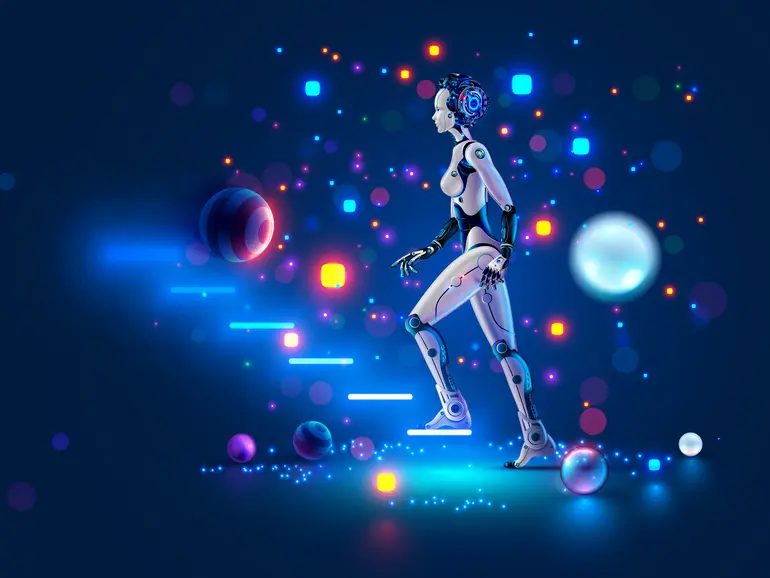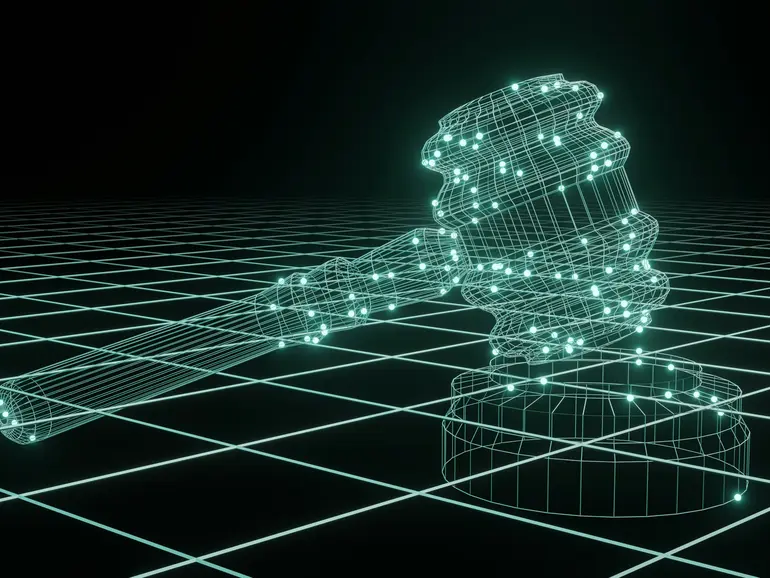Sustainable thinking: Research aligned with green goals
A paper, co-authored by assistant professor Michiel Bakker, described efforts to train a large language model as an AI mediator to help small groups in the UK find common ground while discussing divisive political issues such as Brexit, immigration, the minimum wage, climate change, and universal childcare. The paper was rated highly for sustainable development goals (SDG).



